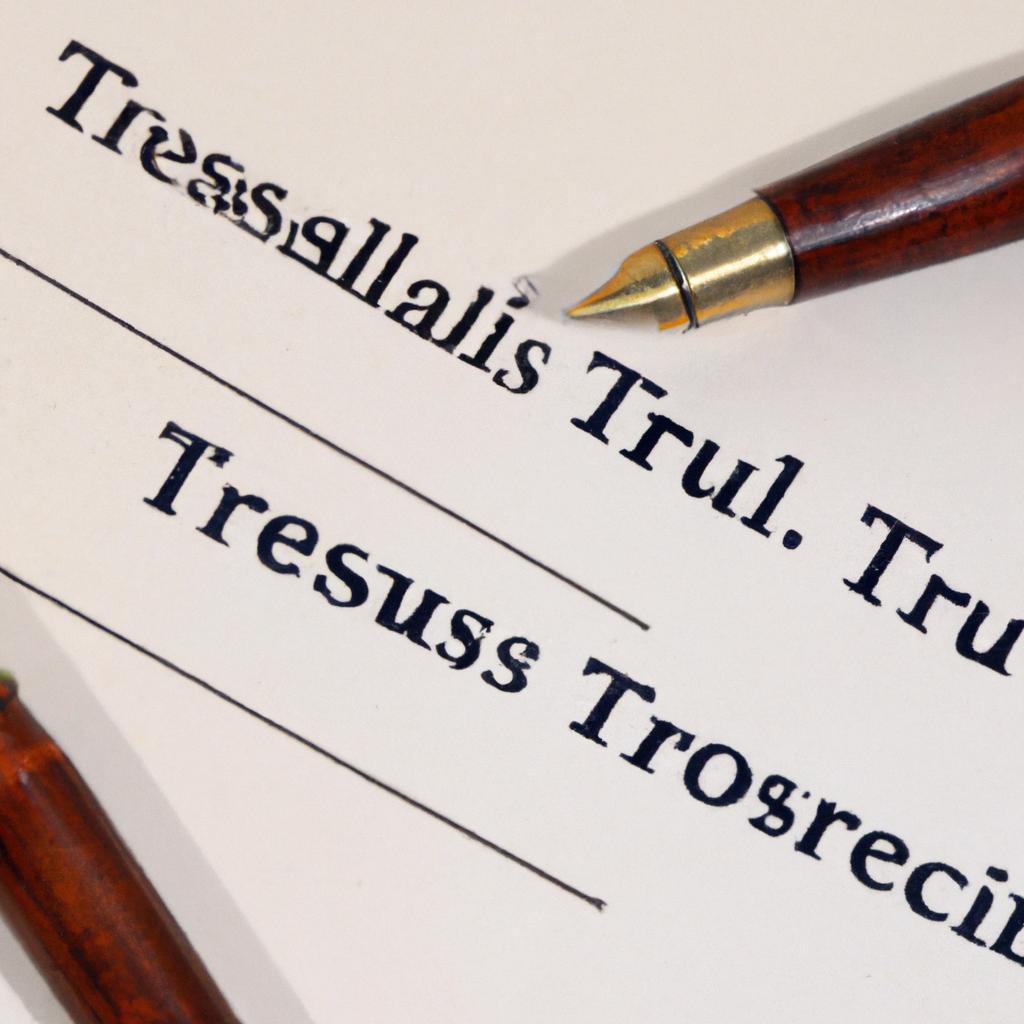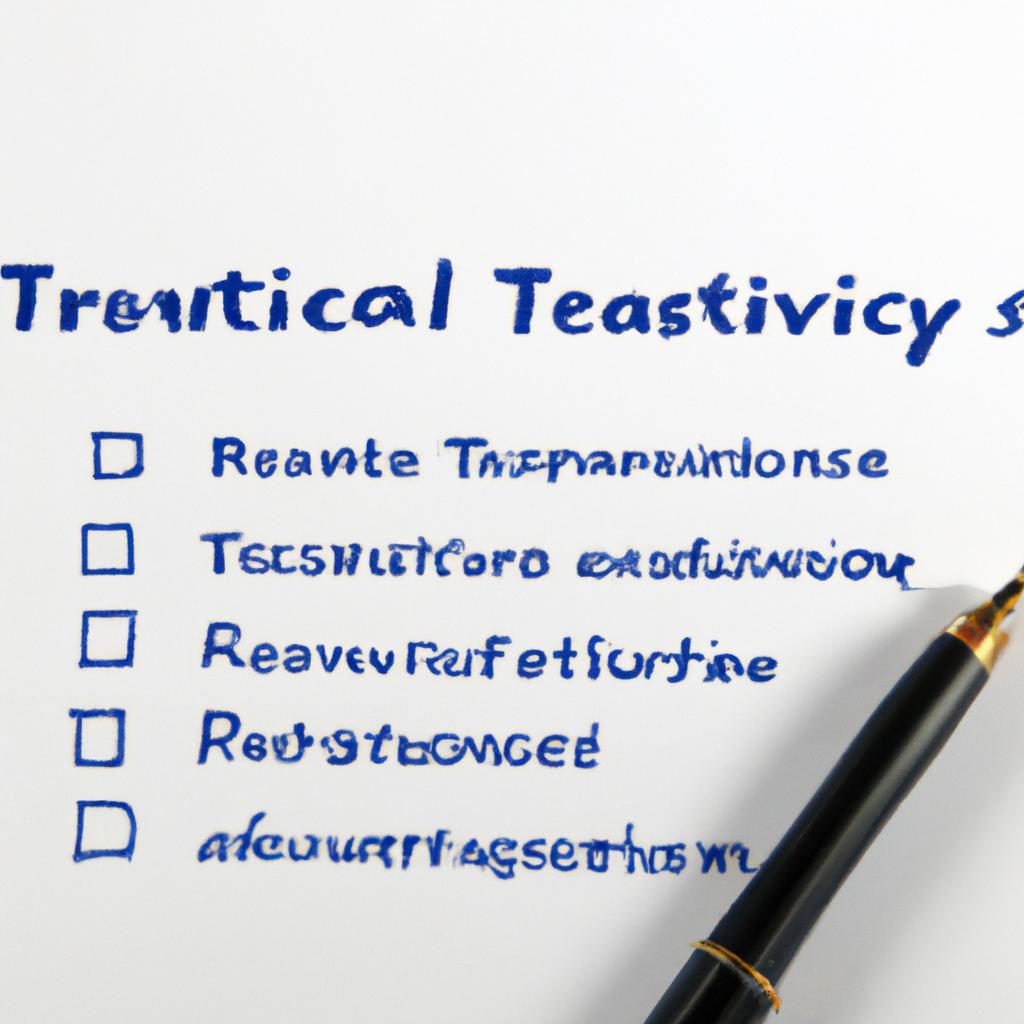As individuals navigate the complexities of estate planning and asset protection, the question often arises: what kind of trust should I set up? Choosing the right trust to suit your unique needs and objectives requires careful consideration and expert guidance. At Morgan Legal Group in New York City, our team of experienced attorneys specializes in estate planning, probate, elder law, Wills, and trusts. In this article, we will explore the different types of trusts available and provide valuable insights to help you make informed decisions for the future.
Understanding the Different Types of Trusts Available
When it comes to setting up a trust, there are several different options to consider based on your individual needs and circumstances. The type of trust you choose can have a significant impact on how your assets are managed and distributed, so it’s important to understand the differences between each one.
Some common types of trusts include:
- Revocable Trust: This trust can be changed or revoked at any time during the grantor’s lifetime, providing flexibility and control over assets.
- Irrevocable Trust: Once assets are transferred into this trust, they cannot be removed, providing asset protection and potential tax benefits.
- Living Trust: This trust is created during the grantor’s lifetime and can hold a variety of assets, avoiding the probate process.

Analyzing the Pros and Cons of Revocable Trusts
When considering what kind of trust to set up, it’s crucial to analyze the pros and cons of revocable trusts. One of the main advantages of a revocable trust is the flexibility it provides. As the grantor, you have the ability to make changes to the trust at any time during your lifetime. This can be especially useful if your circumstances or wishes change over time. Additionally, a revocable trust can help avoid probate, which can be a time-consuming and expensive process.
However, there are some drawbacks to consider as well. One potential con of a revocable trust is that it does not provide asset protection. Creditors may still be able to access the assets held in the trust. Additionally, because the trust is revocable, it is included in your estate for estate tax purposes. This means that the assets in the trust could be subject to estate taxes upon your death. It’s important to weigh these pros and cons carefully when deciding whether a revocable trust is the right choice for your estate planning needs.

Determining the Best Trust Structure for Asset Protection
When considering the best trust structure for asset protection, it is crucial to assess your specific needs and circumstances. There are various types of trusts available, each with unique features and benefits. Below are some common types of trusts to consider:
- Revocable Trust: Allows you to make changes during your lifetime and can provide asset protection in certain situations.
- Irrevocable Trust: Provides more asset protection as assets are no longer considered yours once transferred into the trust.
- Asset Protection Trust: Specifically designed to safeguard assets from creditors and lawsuits.
| Trust Type | Key Features |
|---|---|
| Revocable Trust | Flexibility in making changes |
| Irrevocable Trust | Provides maximum asset protection |
| Asset Protection Trust | Safeguards assets from creditors |
Consulting with an experienced estate planning attorney is essential to determine the best trust structure for your specific goals and objectives. Our team at Morgan Legal Group in New York City specializes in trust planning and can help guide you through the process to ensure your assets are protected for the future.

Crafting a Trust Tailored to Your Specific Needs
When it comes to , it is crucial to consider various factors that will impact the effectiveness and functionality of the trust. The type of trust you should set up depends on your individual circumstances and goals. Here are some key considerations to keep in mind:
- Assets: Determine the types of assets you want to include in the trust, such as real estate, investments, or personal property.
- Beneficiaries: Identify who you want to benefit from the trust, whether it is family members, charities, or other entities.
- Goals: Clearly outline your objectives for the trust, such as providing for loved ones, minimizing estate taxes, or protecting assets from creditors.
| Assets | Beneficiaries | Goals |
|---|---|---|
| Real Estate | Family Members | Minimizing Estate Taxes |
| Investments | Charities | Protecting Assets |
| Personal Property | Other Entities | Providing for Loved Ones |
Working with an experienced estate planning attorney, such as Morgan Legal Group in New York City, can help you navigate the complexities of trust planning and ensure that your trust aligns with your specific needs and objectives. By carefully considering your assets, beneficiaries, and goals, you can create a trust that provides peace of mind and security for you and your loved ones.
Q&A
Q: What kind of trust should I set up?
A: Determining the right trust for your needs can depend on factors such as your financial goals, family dynamics, and estate planning objectives.
Q: What is a revocable trust?
A: A revocable trust allows you to make changes or revoke the trust during your lifetime. It can be a flexible option for managing assets and providing for beneficiaries.
Q: What is an irrevocable trust?
A: An irrevocable trust cannot be changed or revoked once it is established. It can offer tax advantages and asset protection, but requires careful consideration before creating.
Q: What is a living trust?
A: A living trust is created during your lifetime and can be used to manage and distribute assets while you are alive and after your death. It offers privacy and avoids probate.
Q: What is a testamentary trust?
A: A testamentary trust is created through a will and only takes effect after your death. It can be used to provide for minor children or beneficiaries with special needs.
Q: How do I choose the right trust for me?
A: It is important to consult with a financial advisor or estate planning attorney to assess your specific situation and goals. They can help you determine the best type of trust to meet your needs.
Key Takeaways
In conclusion, choosing the right type of trust to set up is a decision that requires careful consideration of your individual circumstances and goals. Whether you opt for a revocable trust for flexibility, an irrevocable trust for asset protection, or a special needs trust for a loved one with disabilities, the trust you choose should align with your values and objectives. By seeking guidance from a knowledgeable estate planning attorney, you can ensure that your trust is structured in a way that best serves your interests and provides peace of mind for the future. Trust wisely, and let your legacy unfold with grace and purpose.


